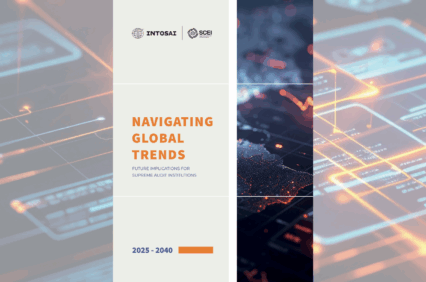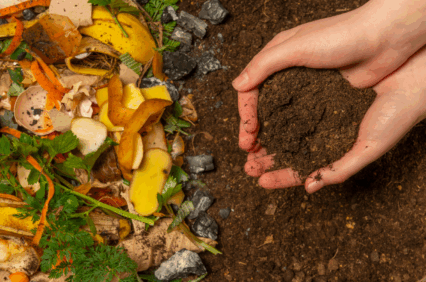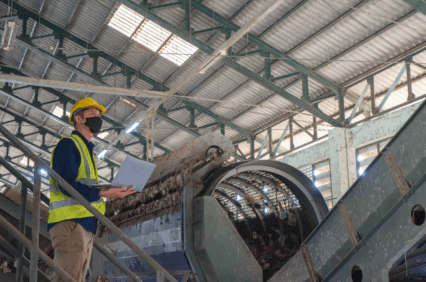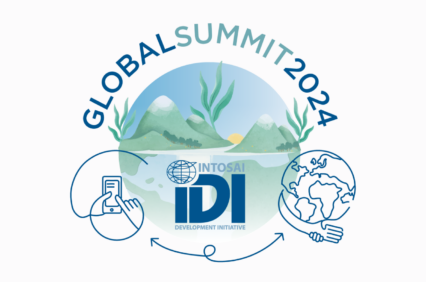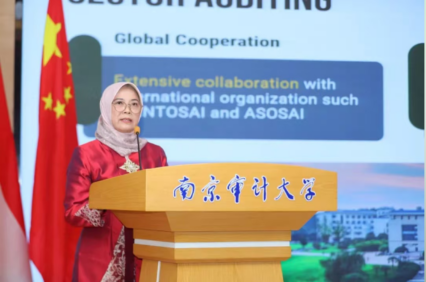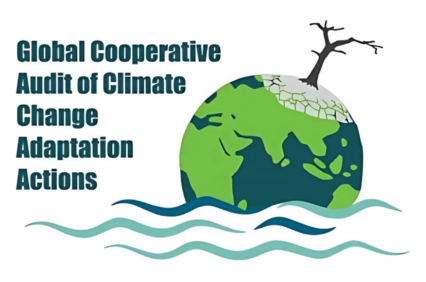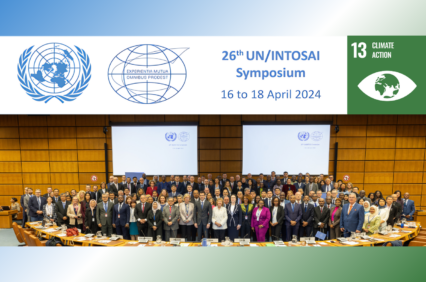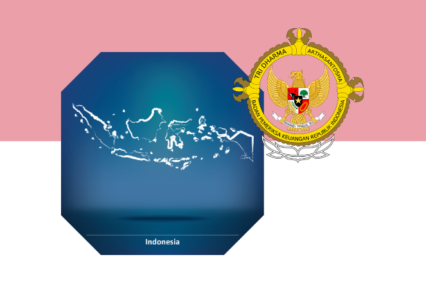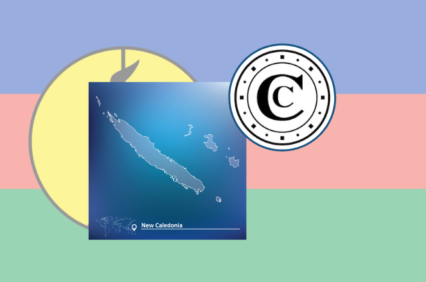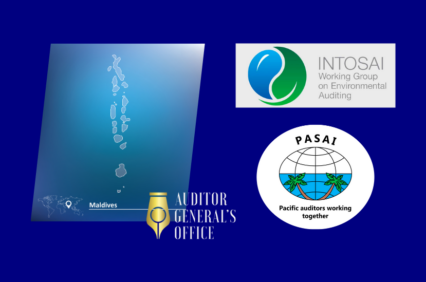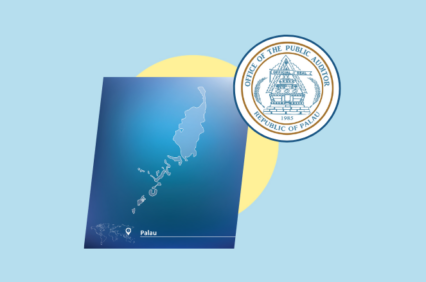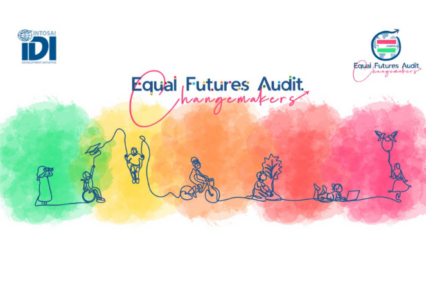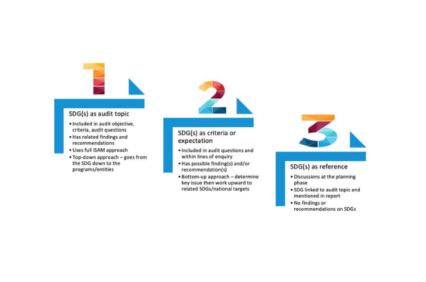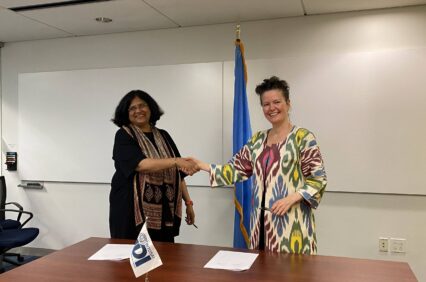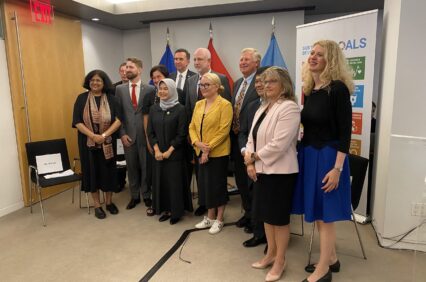Staying Afloat—Sinking Cities and How SAIs Can Contribute to Mitigating Sea Level Rise and Climate Change
Being one of the earth’s largest archipelagos, Indonesia’s territory consists largely of bodies of water, with coastal cities scattered across 17.000 islands. However, many of those islands might just disappear in the coming years. As early as 2005, Indonesia’s Marine and Fisheries Research Agency (KKP) reported that 24 islands the size of a football field had sunk. The National Research and Innovation Agency (BRIN) has also shown that land subsidence in the coastline of Indonesia’s main island is happening at an unprecedented rate, ranging from 2 cm/year to an alarming 11 cm/year in certain parts, including its capital city and economic center, Jakarta. BRIN has forecasted as many as 115 islands will have sunk by the year 2100, 92 of which are caused by the rising sea levels. With most of its infrastructure located along the coastline, Indonesia suffers a higher risk of loss and damage. Thus, staying afloat has become one of our main concerns.



